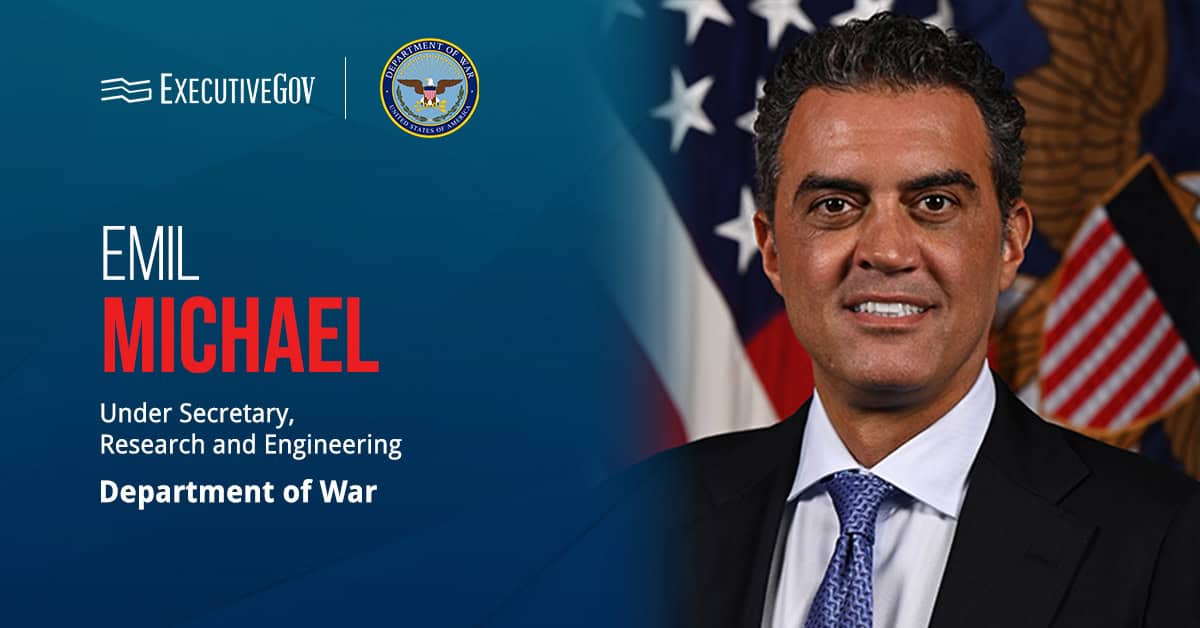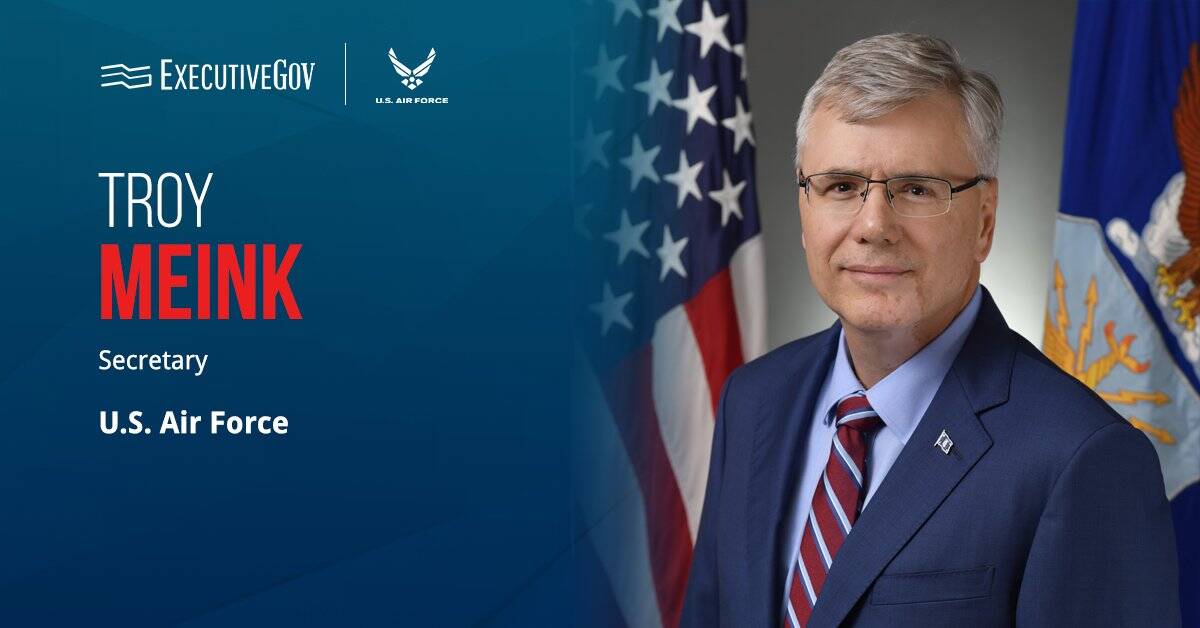
James Morhard, the White House’s nominee for NASA deputy administrator, says he plans to prioritize acquisition and financial reform, as well as advance the agency’s human spaceflight program, SpaceNews reported Thursday.
“If confirmed, we will work to address the national space acquisition process, to radically reduce cost, improve schedules and safety, exceed [performance] expectations and bring NASA’s culture back to the ‘cutting edge,'” Morhard, currently deputy sergeant at arms for the Senate, wrote to the Senate Commerce Committee.
Morhard added that NASA’s human spaceflight program should have a clear and established mandate, and that the agency must partner with private industry to develop and implement new technologies.Â
The Senate Commerce Committee will deliberate Morhard’s nomination on Aug. 23.





